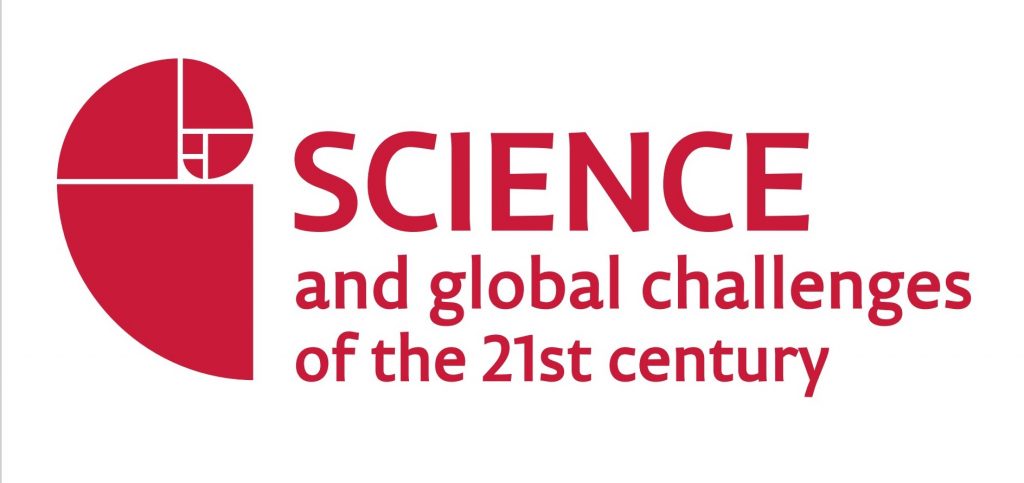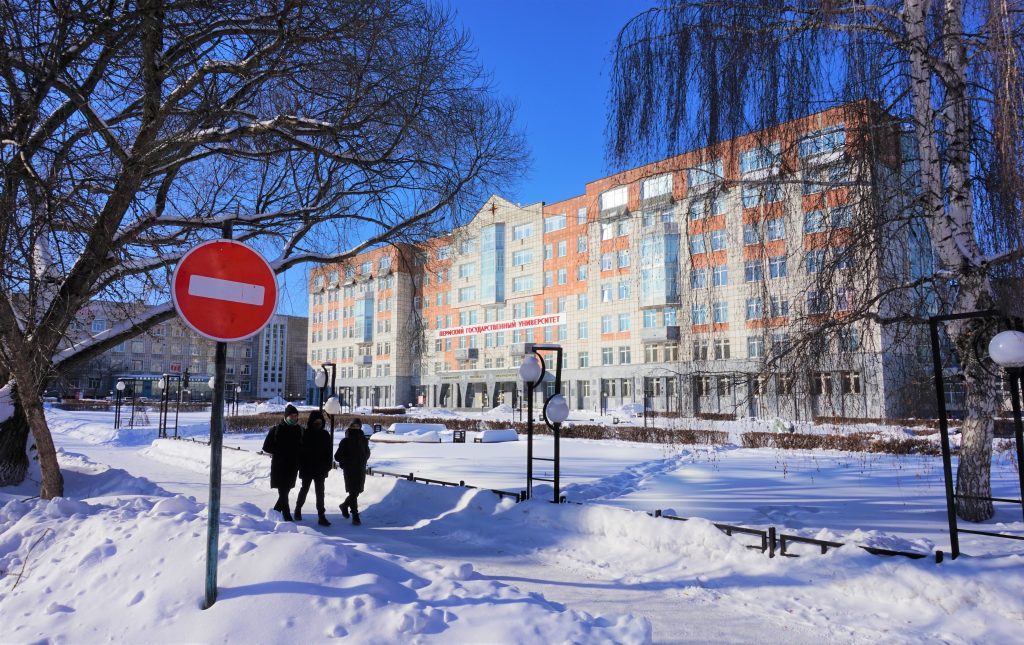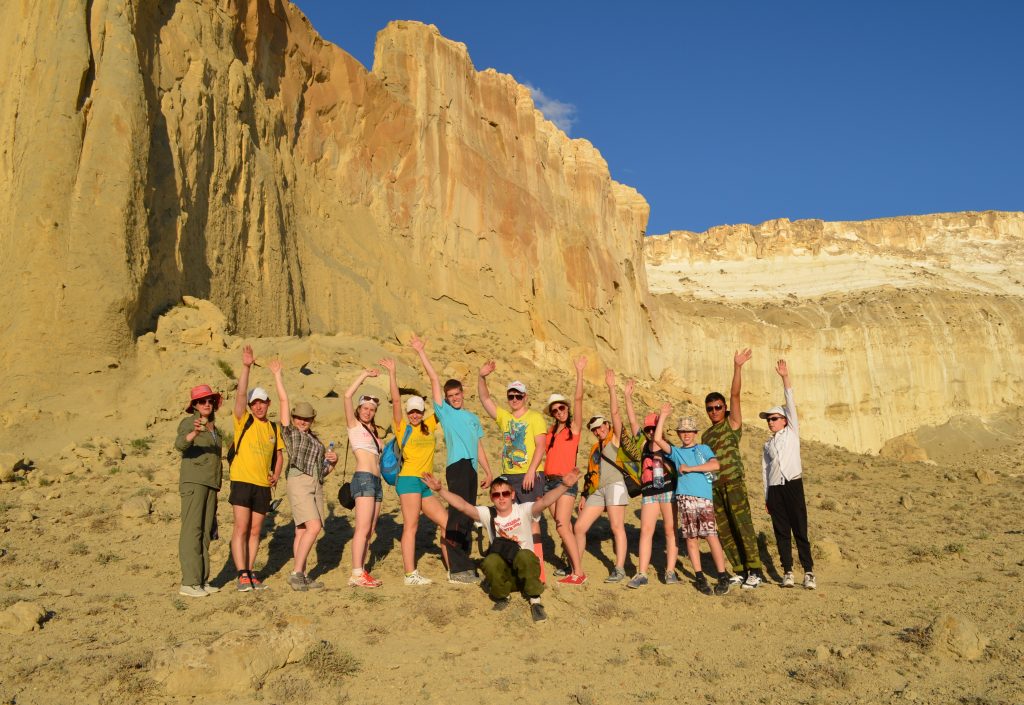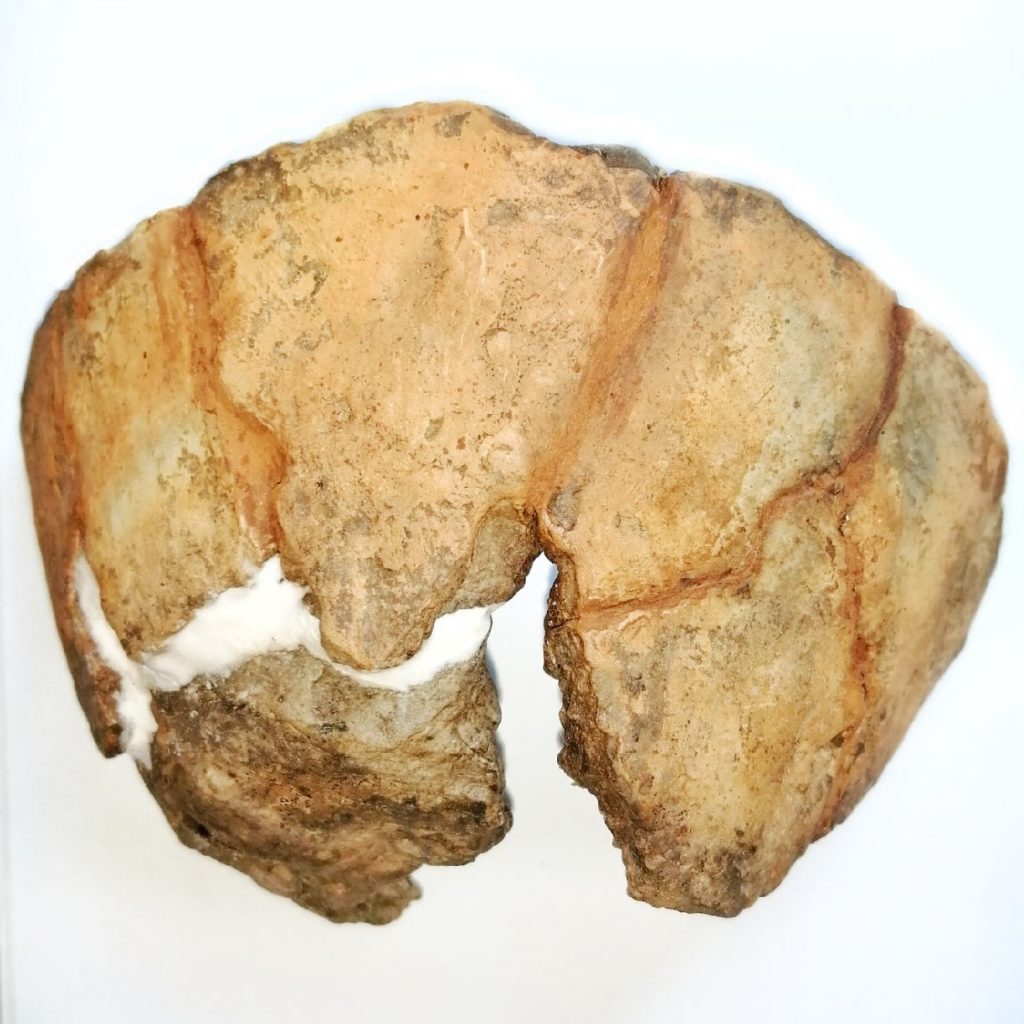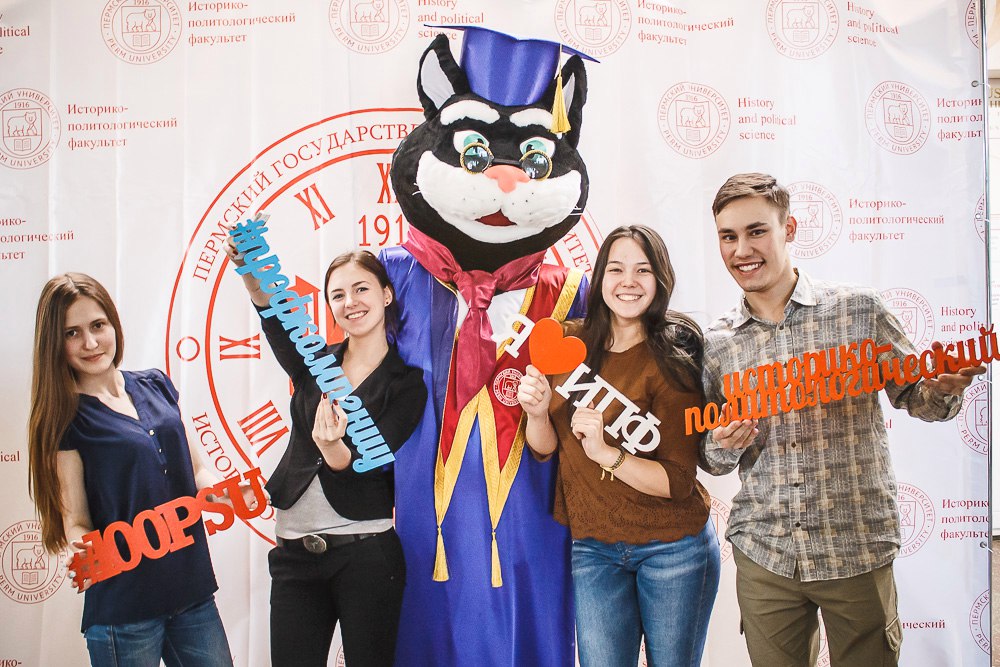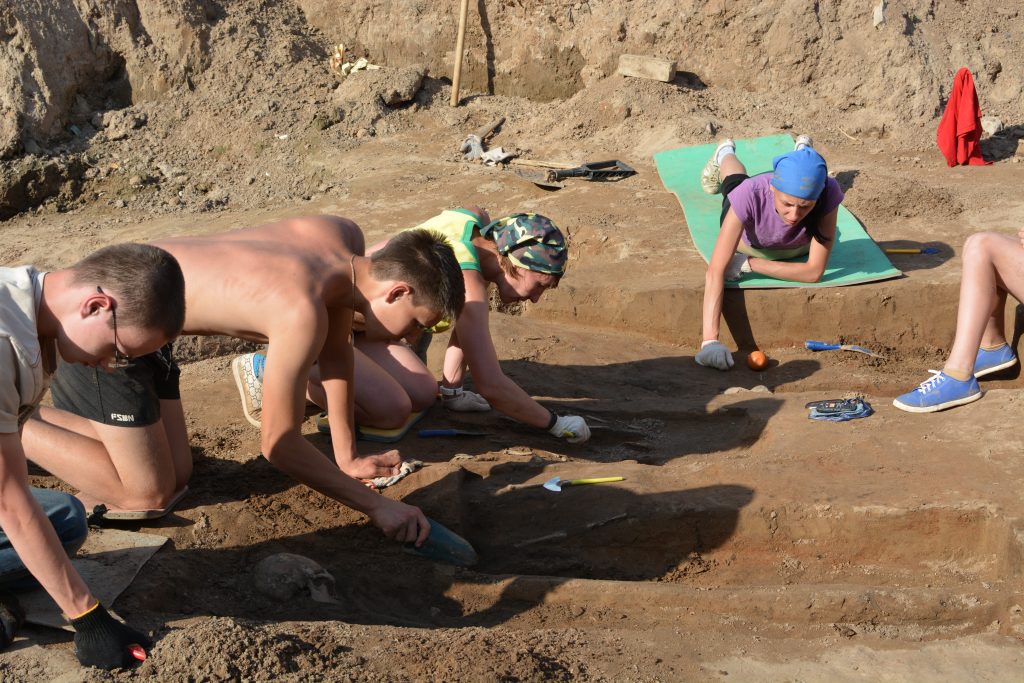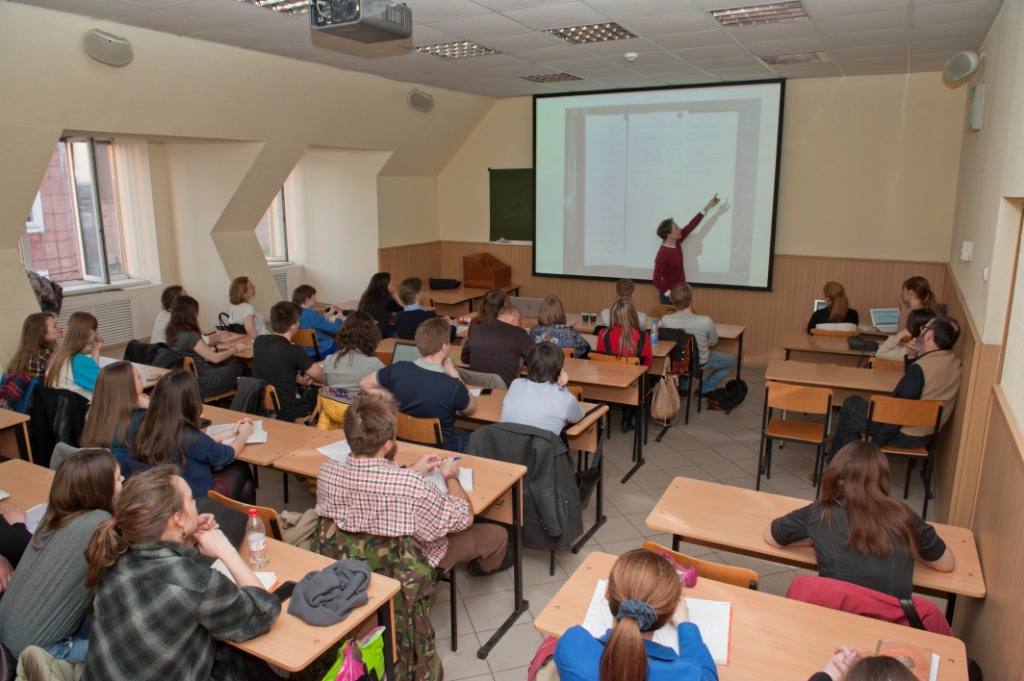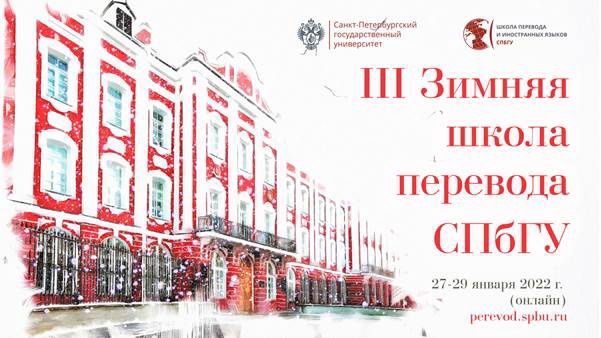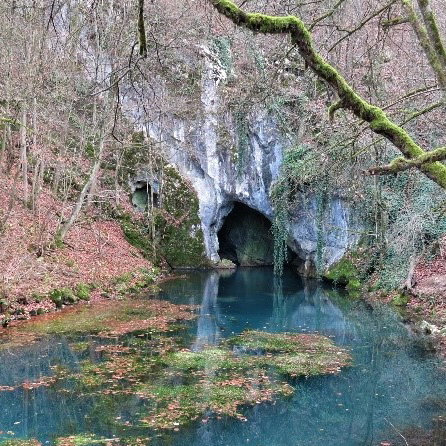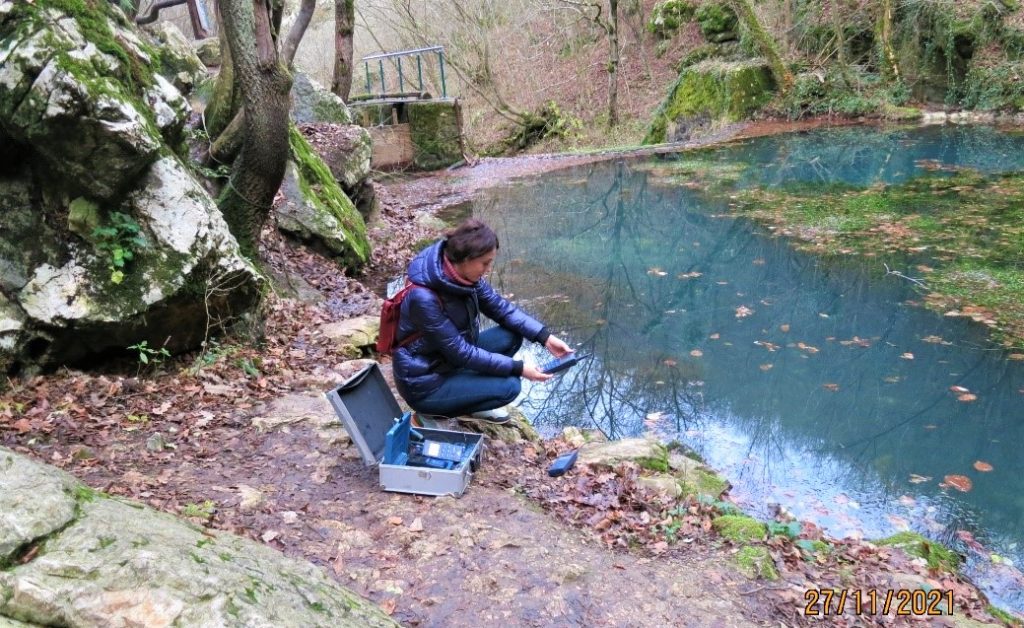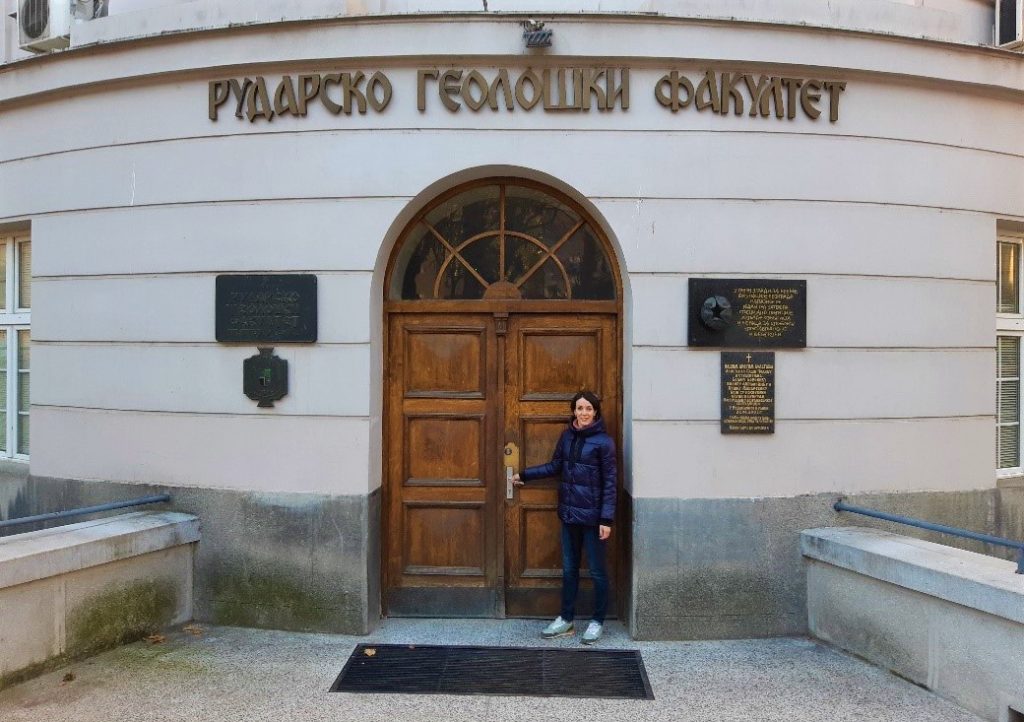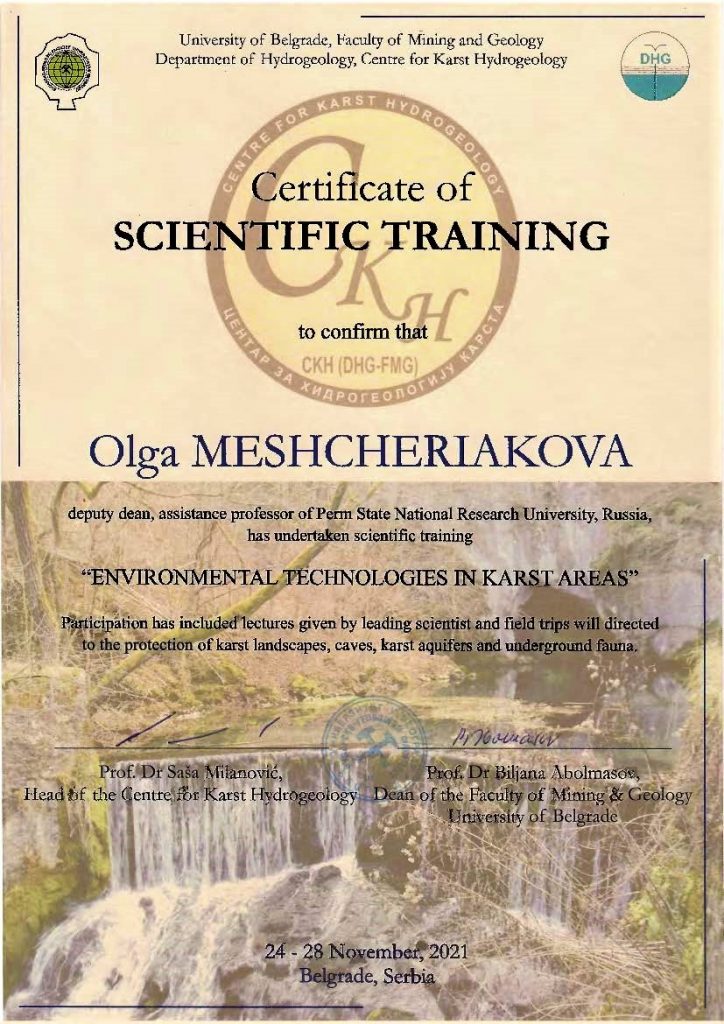PSU to Renew Links with Indian Partners
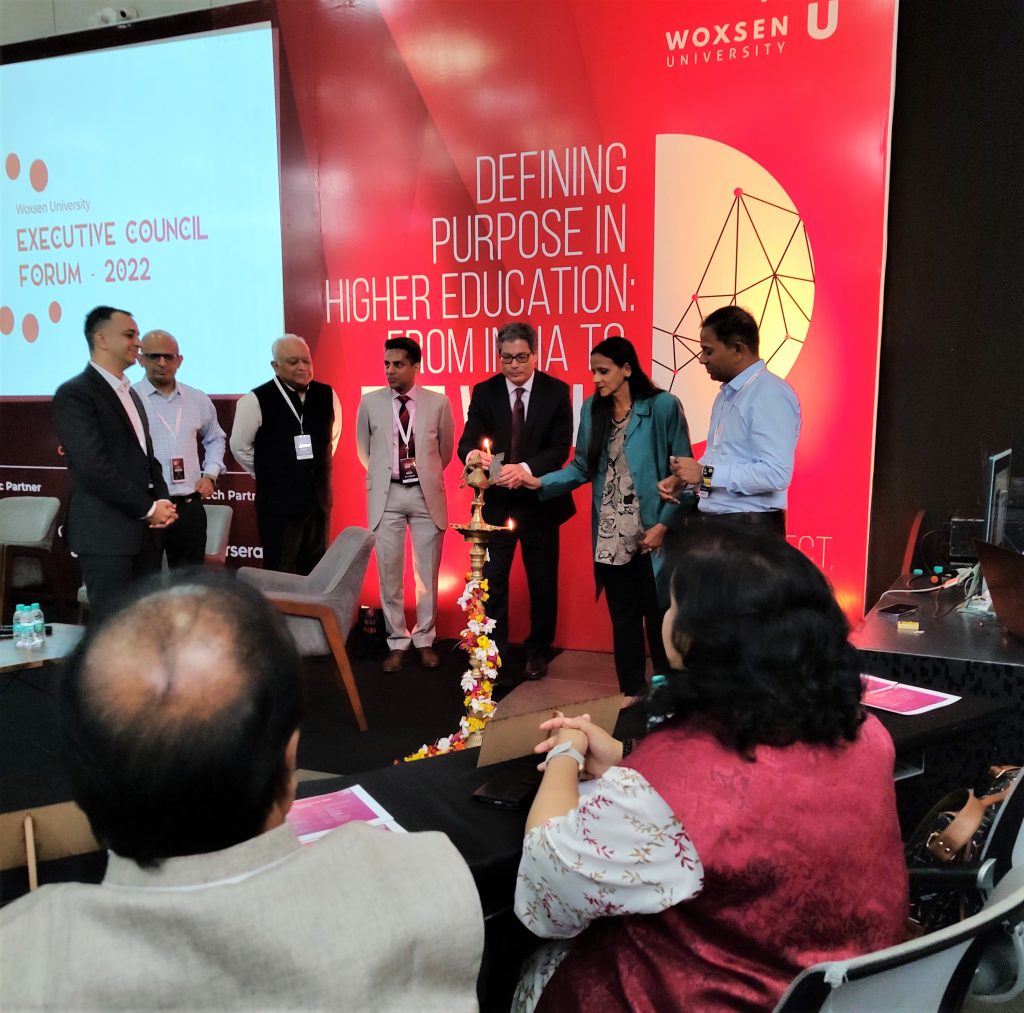
Mr. Vadim Gataulin, head of the Department of International Relations at Perm State University (PSU) took part in the Executive Council Forum 2022 at Woxsen University (Hyderabad, India).
The Forum, titled “Defining Purpose in HighEd: From India to the World” took place on 20-21 December, 2022, uniting international partner universities, along with Indian corporate and government bodies.
The Forum united experts and practicing professionals in higher education from Brazil, the UAE, the USA and Thailand. Perm State University (PSU) and the Institute of Business and Business Administration at the Russian Academy of National Economy and Public Administration under the President of the Russian Federation (RANEPA) represented Russia.
The objective of the event was to pen down the immediate future steps in higher education ensuring a sustainable growth for all learners. The expected outcome became a joint call to action in the form of manifesto ensuring a set of outcome-driven guidelines that centralize the ground activities.
The Forum topics covered the future of lifelong education, as well as needs of learners in the nearest decade; the introduction of climate change topic into the classroom; the implementation of the knowledge learnt; entrepreneurship in education; digitalization; the relations of industry and academia.
“Our interest in India is driven by the fact it is both a promising market for the export of educational services, and a potential source for joint research,” says Vadim Gataulin, Head of the International Relations Department, PSU. “Woxsen University is a young and ambitious private university striving to reach top positions in the national rankings. The live communication with a new partner allows to better comprehend and take into account mutual interests, estimating the capacities of both parties.”
To remind, a memorandum of understanding and an academic agreement between PSU and Woxsen University were signed in January, 2022, followed by a supplement regulating the start of a center of excellence for the digital economy and blockchain technologies. In addition to the existing interaction in economic sciences, PSU has found mutual interest with Woxsen University School of Art and Design, with one of the students of the Faculty of Philosophy and Sociology, PSU, taking a study course there in 2022.
Cooperation with India will also be performed by the Center for East Asian Studies, founded at the Faculty of Philology, PSU in January, 2023. The main goal of the Center is the development of East Asian studies in the field of linguistics, literary criticism and cultural studies, as well as teaching and providing training, contributing to the overall research, study and personal progress of the students.
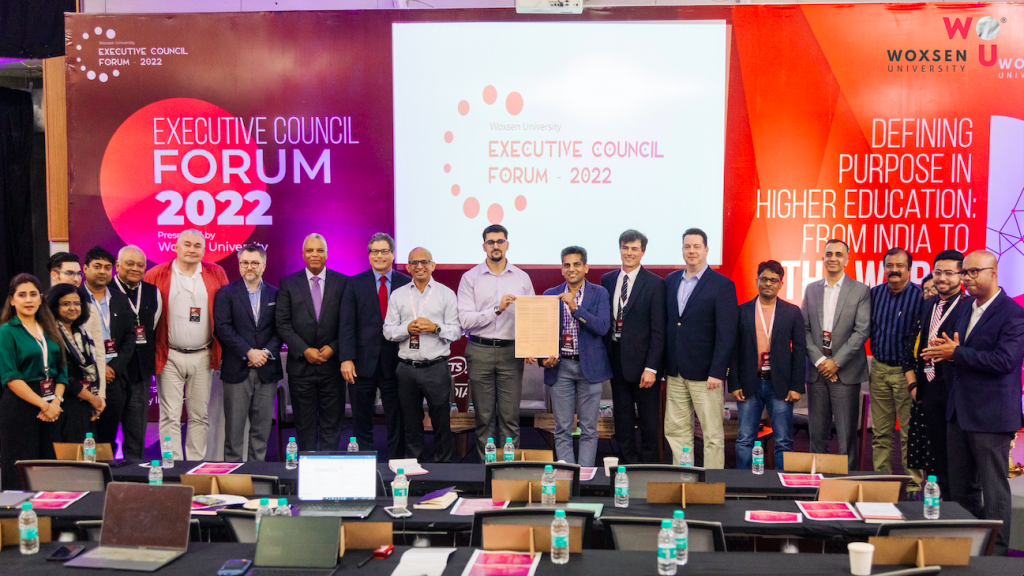
For reference:
Woxsen University is a State Private University located in the state of Telangana, India. Established as Woxsen School of Business in 2014, today it is one of the leading educational institutes in India, spanning over 200-acre residential campus. The University consists of the School of Business, the School of Technology, the School of Art & Design, the School of Liberal Arts and Humanities, and the School of Architecture and Planning.
Hyderabad is the fourth-most populous city in India with a population of 6.9 million residents within the city limits, and has a population of 9.7 million residents in the metropolitan region, making it the sixth-most populous metropolitan area in India. With an output of US$74 billion, Hyderabad has the fifth-largest urban economy in India.

